Research updates
New video: Diversity and Inclusion in the cultural sector
In this video INVENT researcher Avi Astor from the Spanish team discusses the topic of diversity and inclusion. Learn about the importance of prioritizing representation and removing barriers to cultural participation for people with diverse backgrounds. If you’d like to read more about this topic: check out one of our Dutch case studies called Re-thinking the museum from the bottom-up.
The INVENT Policy Brief 3 is available now! Read our recommendations for policy creation related to culture and digitalization
We are pleased to announce that the third INVENT Policy Brief has become available for download on our website.Where previously Policy Brief 1 (2021) looked at cultural offerings, wellbeing and the cultural value orientations of Europeans, and Policy Brief 2 (2023) centered on culture’s contribution to health and wellbeing; Policy Brief 3 (2023) places its focus on Digitalization and Culture.
INVENT Newsletter 3 is out now!
We are thrilled to announce: Newsletter III is out now! Click here to dive into our latest insights Below, find a brief overview of some featured articles in this year’s edition. Each comes with its own allure, so we hope you’re as excited as we are! Cultural Advocacy & Public Debates Dive deep into the realm of cultural discourse online as we
New research Alert – Cosmopolitanism in contemporary European societies: mapping and comparing different types of openness across Europe
INVENT members Tally Katz-Gerro, Neta Yodovich (UK team), Susanne Janssen, Marc Verboord (Netherlands team), and Joan Llonch-Andreu (Spanish team) have published a new article in the journal of Contemporary European Studies. The article is open access and builds on the survey research conducted by INVENT. The abstract reads as follows: Cosmopolitanism, which is often defined as openness to other cultures
Tracing digital inequalities
This blog post concerns the ongoing empirical work of the Danish team and is therefore work in progress. In the INVENT project, we have been busy collecting different types of data via methods such as interviews, focus groups, case studies, and data scraping. Inspired by insights from previous data collections, the Danish team followed the traces of digital inequalities, which
New research alert: An empirical book on cultural non-participation published
A new book “Understanding Cultural Non-Participation in an Egalitarian Context” by INVENT team member Riie Heikkilä has been published in the Palgrave Studies in Cultural Studies series. The book uses qualitative data from individual interviews and focus groups collected and explores the questions of cultural non-participation in Finland. The point of departure for the book is the much-studied relationship between
Advocating for Culture in Turbulent Times: A report exploring cultural petitions
INVENT’s data scraping team has recently completed its second annual report “Advocating for culture in turbulent times”. Following phase I, which explored the various uses of the word “culture on the Twittersphere, our team decided to delve deeper for phase II. For phase II, we took a closer look at the question “What do people talk about when they talk
Experiences of the digitalization of culture: Accessing, participating, and (not) belonging
Our last blog post presented an introduction to INVENT’s current interview data collection phase. In this post, we want to highlight a subset of questions, which explore how people relate to digital media in their lives, and how those impact their cultural practices.
Taking Part: Migrants engaging in local cultural offers in five European countries
During the past summer, INVENT’s members have conducted interviews with locals and migrants in each of the consortium countries. In the following blog, we share preliminary findings regarding the ways in which migrants take part (or don’t) in their new country’s cultural offerings. The countries included in this blog are the UK, Denmark, Finland, Croatia, and Serbia (in which immigrant
Mapping the multiplicity of cultural understanding: INVENT brings out a new report exploring the meanings Europeans ascribe to culture
INVENT has brought out a new report that comprises a combination of data and analyses capturing an answer to the question: What does culture mean to Europeans?To map out the multiplicity of understandings of culture within and across Europe, the report opens with a brief discussion of the diverse conceptions of culture, the current “cultural abundance” and how the manifold

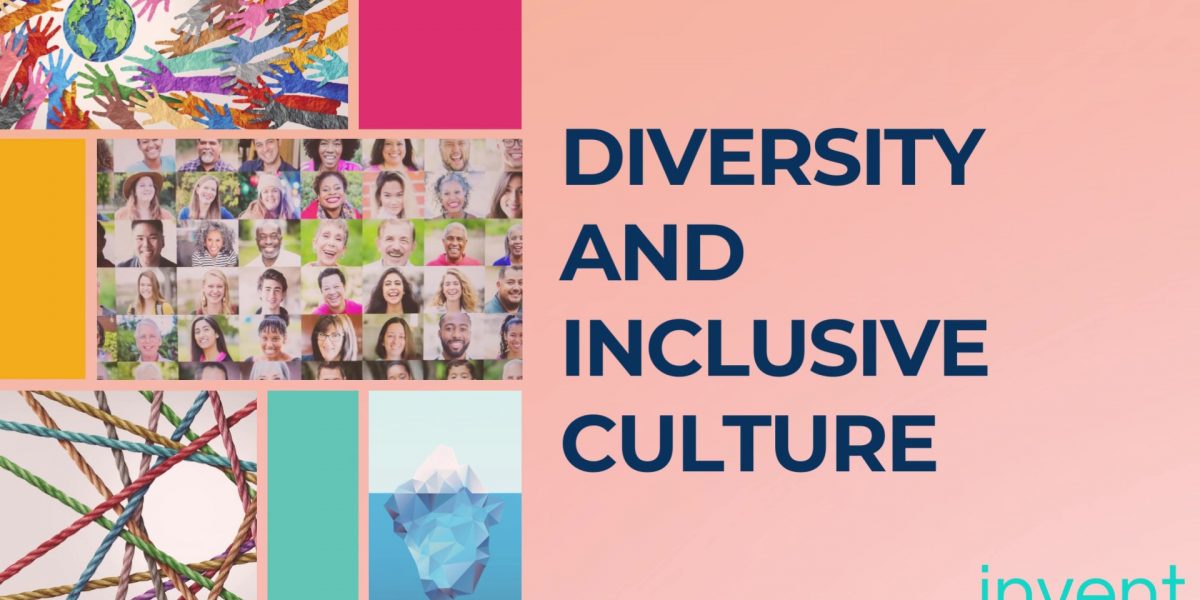
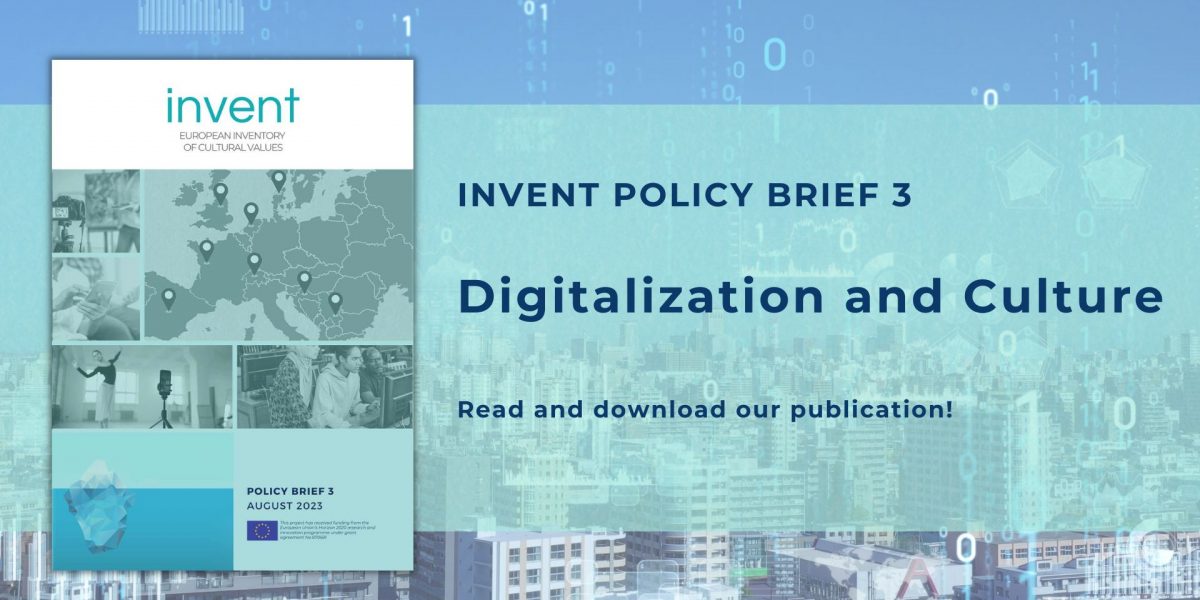

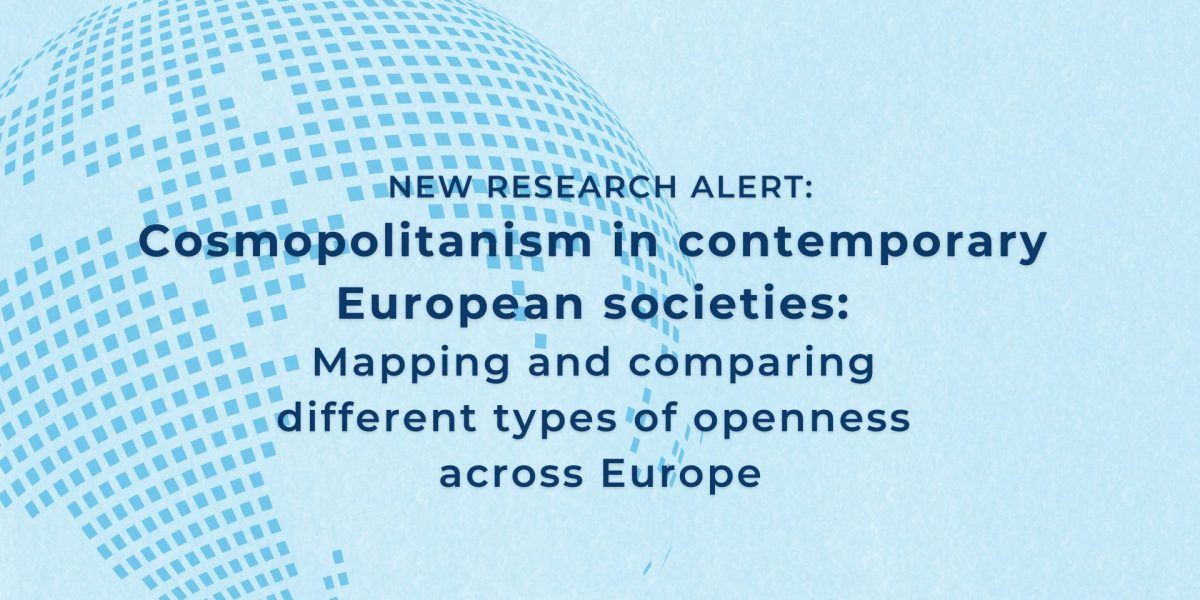
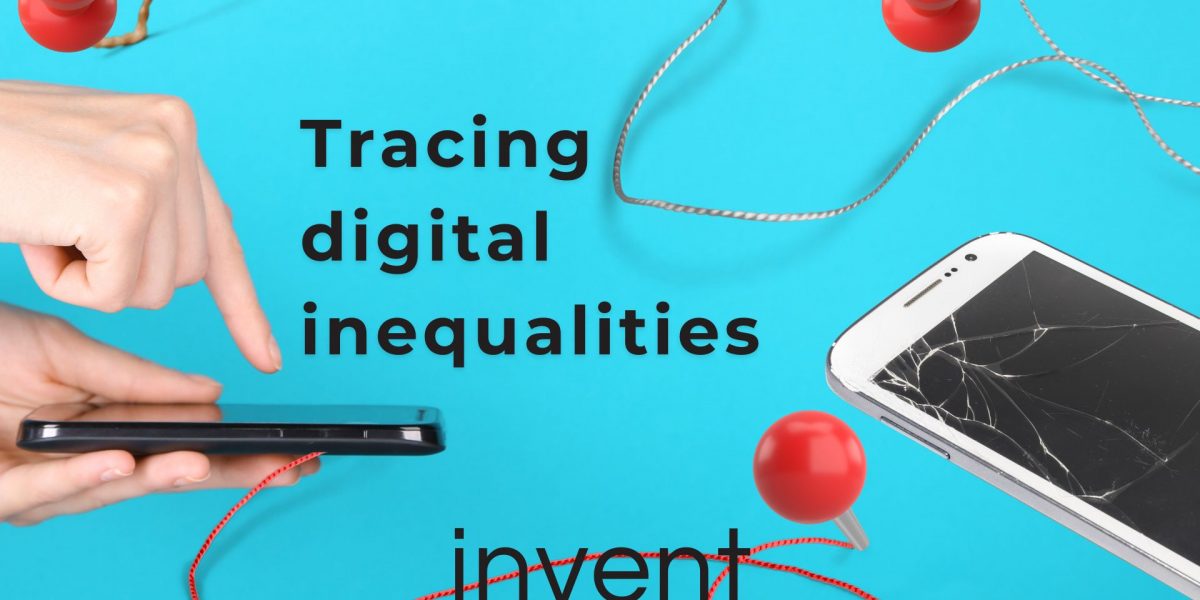
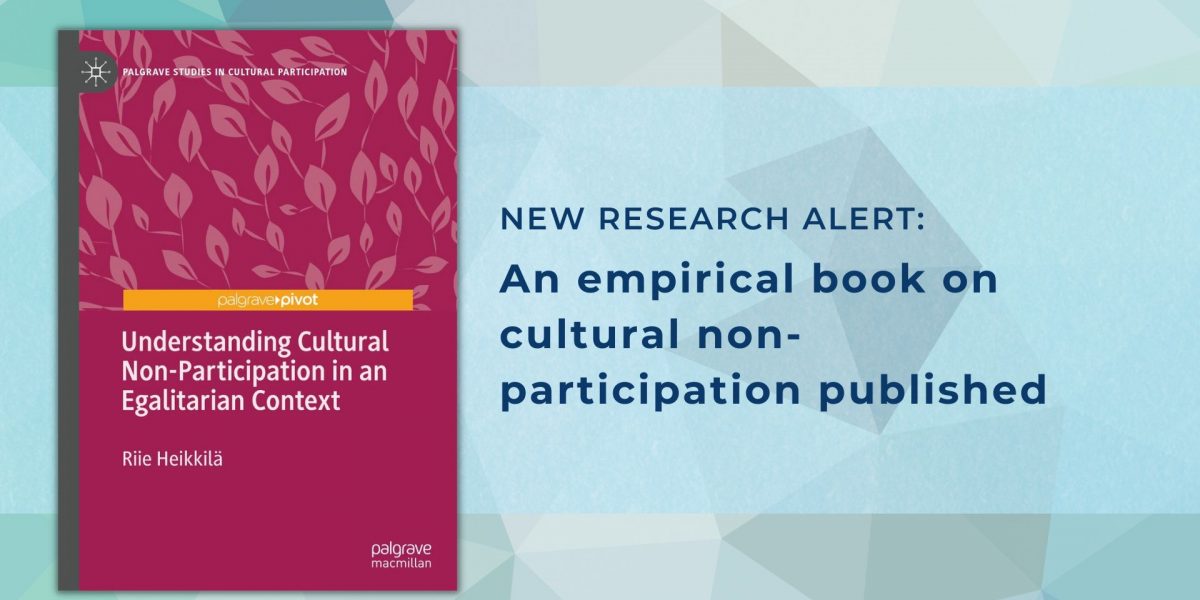
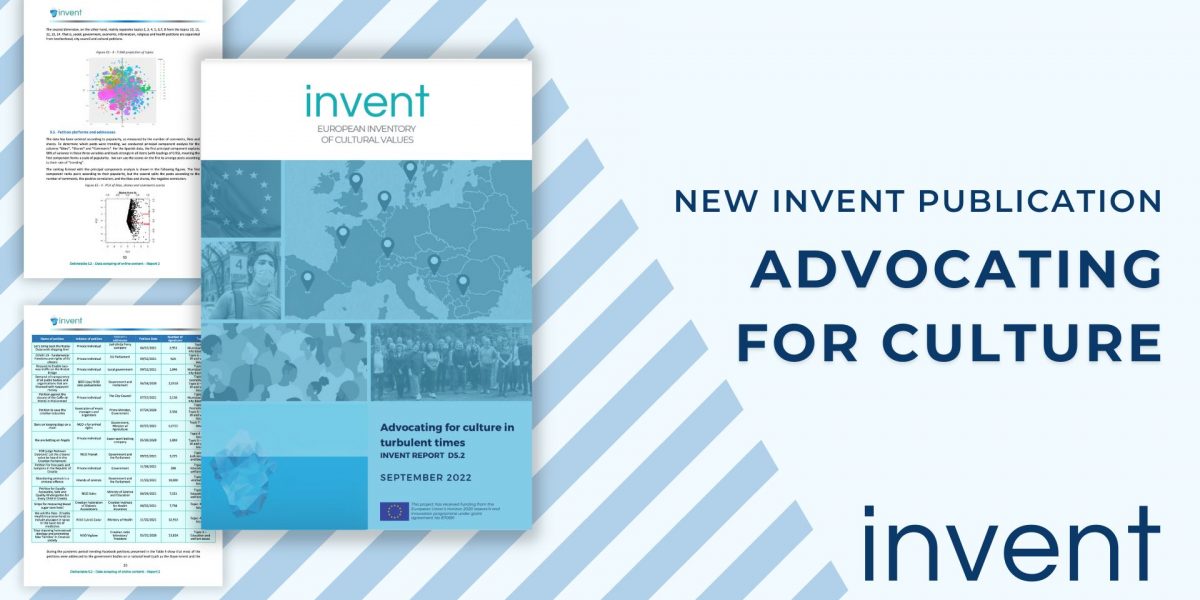
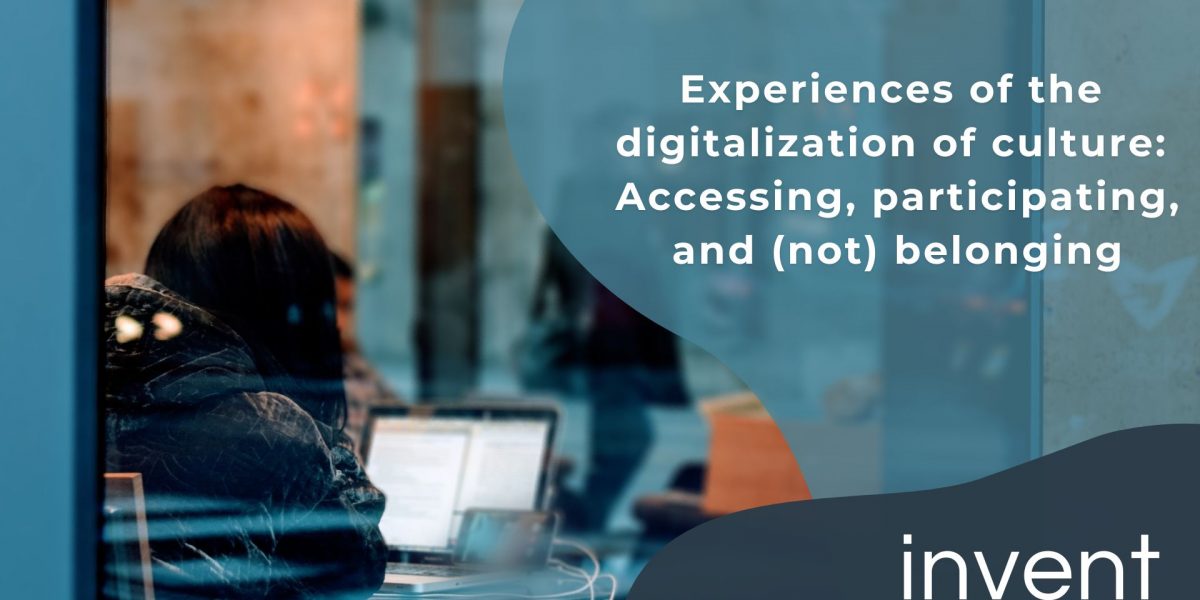
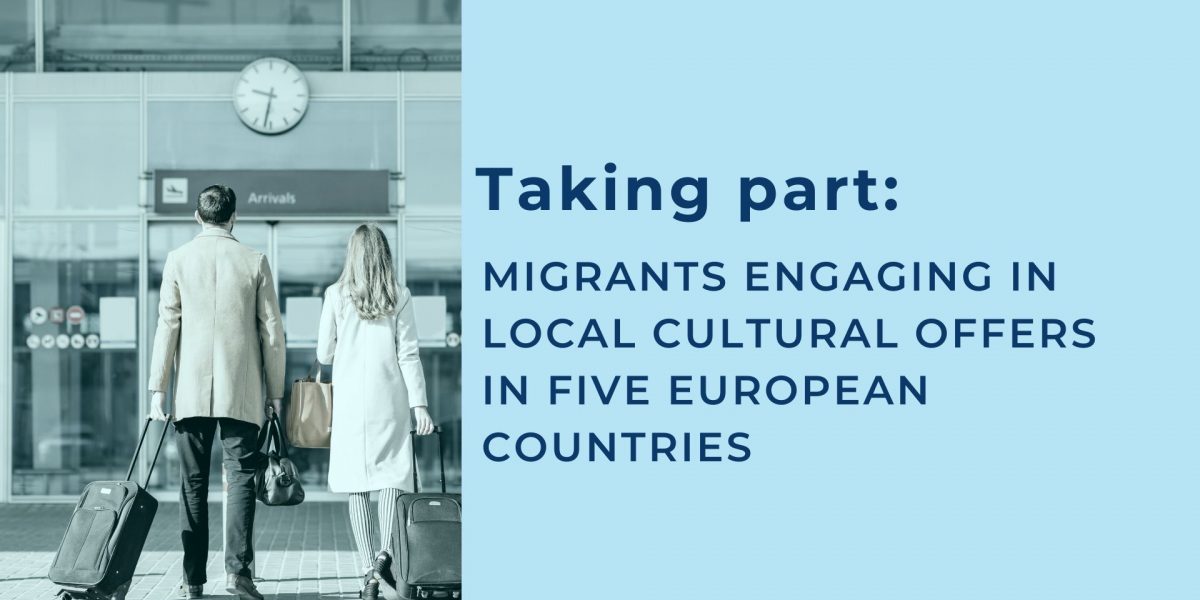
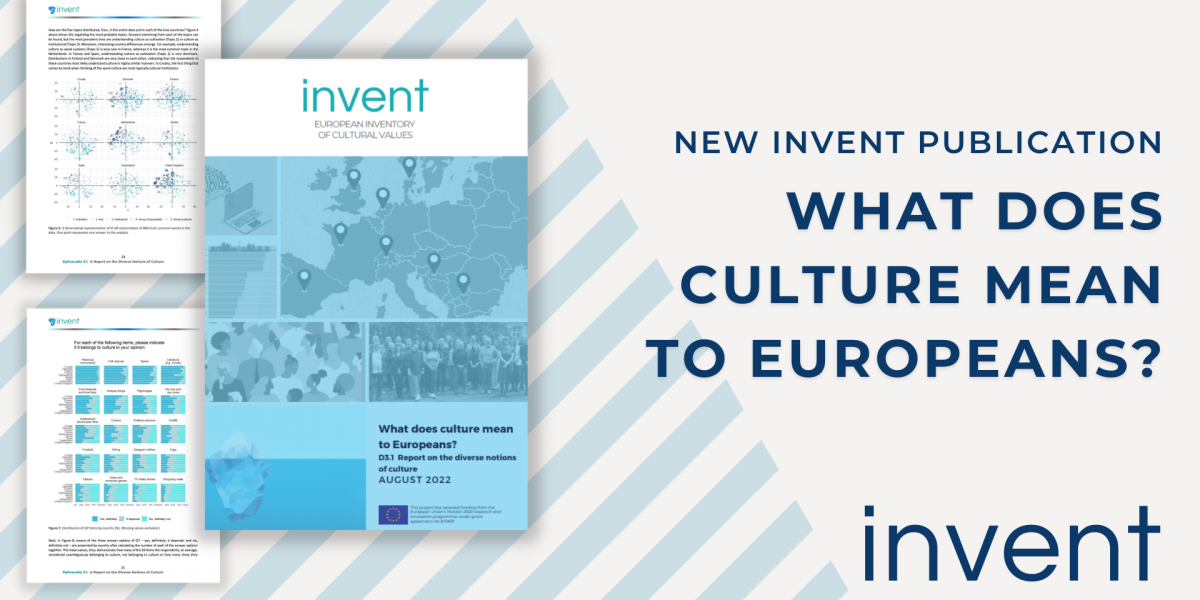

 This project has received funding from the European Union’s Horizon 2020 research and innovation programme under grant agreement No
This project has received funding from the European Union’s Horizon 2020 research and innovation programme under grant agreement No